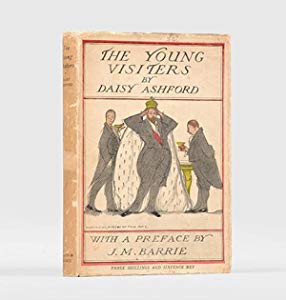Crippled Detectives, or The War of the Red Romer
by Lee Tandy Schwartzman, age 7, Seattle, Washington Lee Tandy Schwartzman wrote and illustrated this story when she was 7...
Read More →
Read More →

